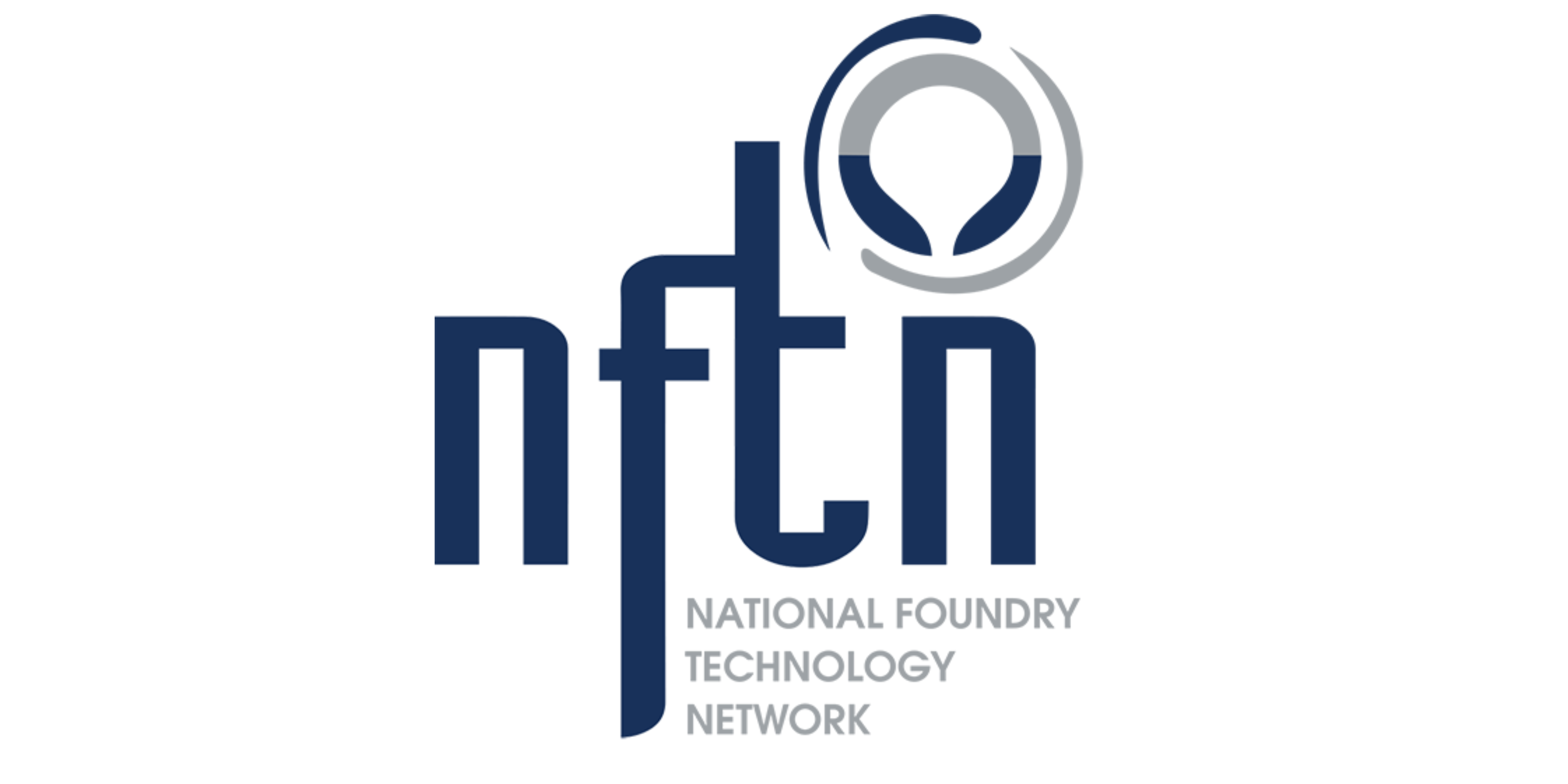With a change and realignment of its business plan and strategy, government initiative the National Foundry Technology Network (NFTN) is currently in the process of developing its foundry research and innovation centre in South Africa.
“The primary focus of this foundry research and innovation centre is to establish a research and development platform to support the foundry industry because this is one of the facets of the industry that is most lacking. The realigned business plan seeks to create a physical space that offers equipment, labour, and industry support,” says NFTN Advanced Casting Technologies research group leader Sagren Govender.
He states that this initiative was also further motivated by the decline in the number of local foundries and the concern that has arisen since so many foundries have gone into business rescue. However, beyond research, development, and innovation, the centre also seeks to expand its offerings by providing manufacturing services, consulting services, and training services which are expected to greatly benefit the foundry industry.
The NFTN aims to establish its advisory forum so that it can cater to technology stations, tertiary education institutes, science councils, industry associations, and foundry companies by providing a core facility that houses equipment and operational staff.
By providing training services, the NFTN aims to have dedicated in-house operational staff that are qualified metallurgists, foundry technicians, and mechanical designers so that the centre serves as a one-stop shop for all local foundry industry needs.
Through the existing research done at the Council for Scientific and Industrial Research (CSIR), through a formal structure that has been established by the National Cleaner Production Centre (NCPC), and through funding from the Department of Trade, Industry, and Competition (DTIC), the NFTN is able to put plans in motion to actively develop this centre.
Through this advisory forum, which is comprised of industry, government, and the CSIR, the NFTN can attempt to garner greater industry support which will allow it to establish itself as one of the best across the globe.
“Establishing this centre is not a new idea. There are many institutes in the UK and in the USA that house ground-breaking equipment and that conducts phenomenal research. We are just hoping to establish our own centre that would one day fall in the ranks of one of these international centres.
“It is important to emphasize that we do not want to duplicate any service offerings that already exist. For example, the University of Johannesburg (UJ) has a technology station that we actively support. Our aim is not to duplicate the services that UJ offers, but rather support the capabilities that the university has,” says Govender. He states that the centre aims to develop a good industry rapport that can only exist with an active give-and-take between the NFTN and industry role players.
“It is important for industry role players to know that while we do offer services to the industry, they need to meet us midway for us to effectively provide them with these services. Research that is government funded is available for public consumption. Our offering goes far beyond that as we are able to provide personalised solutions according to the client needs. But we need to encourage industry role players to co-invest with us.”
However, Govender says that the investment need not only be limited to financial funding and can also be in the form of equipment, resources, and materials. In a partnership that has been approved within the aluminium industry, a local foundry approached the NFTN to localise a particular product that is being imported from Germany.
In this particular partnership, the NFTN will do the research and development for this product by delving into the understanding of the fundamental behaviours of the alloys with funding coming directly from the NFTN, while the partner will co-fund this project by supplying the NFTN with all the materials needed. The NFTN will conduct research pertaining to the alloy materials, while the industry partner will manufacture the permanent mould to produce this specific product locally.
“Through a partnership like this, we can develop a mutually beneficial relationship with an industry player. This leads us to further pose a call for consultancy projects, calling on industry players to partner with us at the NFTN so that we continue growing the local foundry industry. We have the potential to be on the same level as international centres of this kind, but it does need funding,” notes Govender.
When asked about further challenges that the centre may face, he states that aside from the need for funding, the centre faces the challenge of having equipment that is fairly old and out of date. The NFTN, through this centre, is working towards positioning itself as a leading service provider with world class equipment. Granted, getting to that point will take time, but it is a goal towards which they are actively working.
In an attempt to develop the local foundry industry even further, the NFTN is actively aligning itself with the Aluminium Federation of South Africa (AFSA) roadmap that was established in 2017. While the NFTN is already taking on projects and is working on facility upgrades, they are hoping to have an official centre launch by March of next year, provided no unexpected delays are faced.



